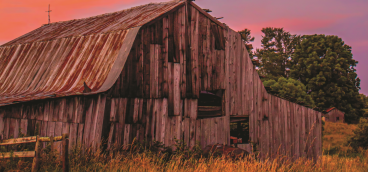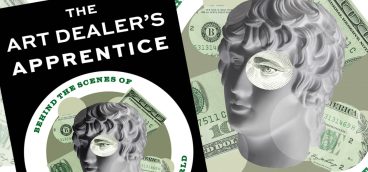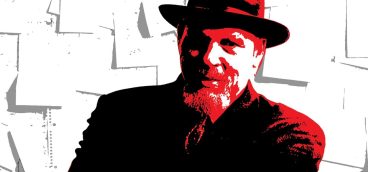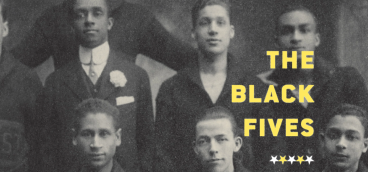Remembering the Beehive
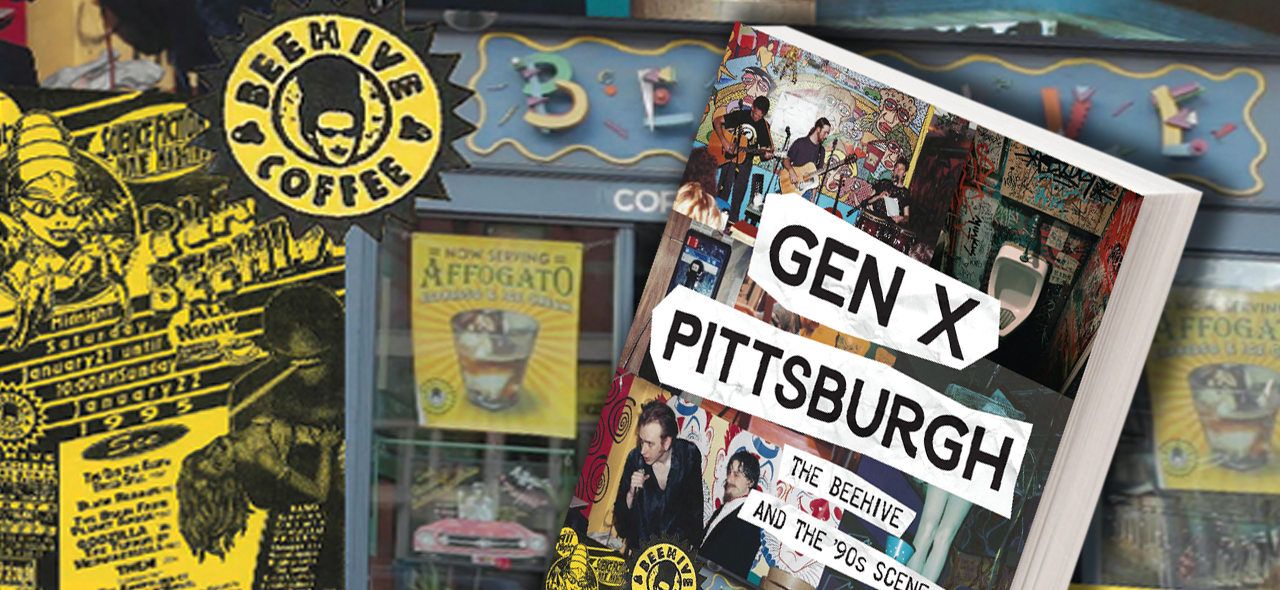
A recent study by apartmentguide.com says Pittsburgh ranks sixth highest among 483 U.S. cities for coffee availability, based on population density and coffee establishments per square mile. It wasn’t always that way, before the iconic Beehive Coffeehouse opened in 1989 on East Carson Street. Readers and regulars alike can thank local journalist David Rullo for bringing to light the surprisingly compelling story of how a single coffee shop became a touchstone for a generation in his recent book, Gen X Pittsburgh: The Beehive and the 90s Scene.
With more than 70 interviews, Rullo shows how the Beehive began to transform a post-industrial South Side and what it meant to both patrons and employees of the now-shuttered business that was once the hippest place in town for a burgeoning generational crowd. If there are heroes in what Rullo calls “a book of memories,” it’s the owners, Scott Kramer and Steve Zumoff, recent Pitt grads who were looking to make their mark. That the impetus for them to do so came on a road trip to see a Jerry Garcia concert seems about right; the décor of both the shops, in South Side and Oakland, had a funky West Coast vibe rooted in both psychedelia and slacker-type weirdness. What’s more interesting is that the bones of their coffee program grew with help from trend-setting Starbucks before it became the behemoth known today.
Beyond the entrepreneurial and city history, beyond the growth of coffee drinking, pinball, the rave scene, and interest in independent films, all of which The Beehive locations helped establish here, the shops came to be a place for those uninterested in mainstream pop culture. Or, as Rullo puts it, “I knew I wasn’t alone” among the de facto alternative style of the ‘90s, that included wearing dreadlocks, ripped jeans and Doc Martens. That the first dollar made by the shop came from a homeless man says much about the business’s ethos, with neither location making much profit. According to Rullo, “There existed no distinction between customer and employee,” and many early patrons wheedled their way into jobs that, in the words of barista Valerie Gatchell-Christofel, “were so much more than just making coffee back then.”
For anyone who frequented either Beehive location, “Gen X Pittsburgh . . .” will be a welcome reminder of how carefree and fun those days were, before the internet and cell phones ruined spontaneity, before so many baristas, janitors and regulars grew up, becoming established musicians, writers, promoters, and artists happy to remember their roots.


